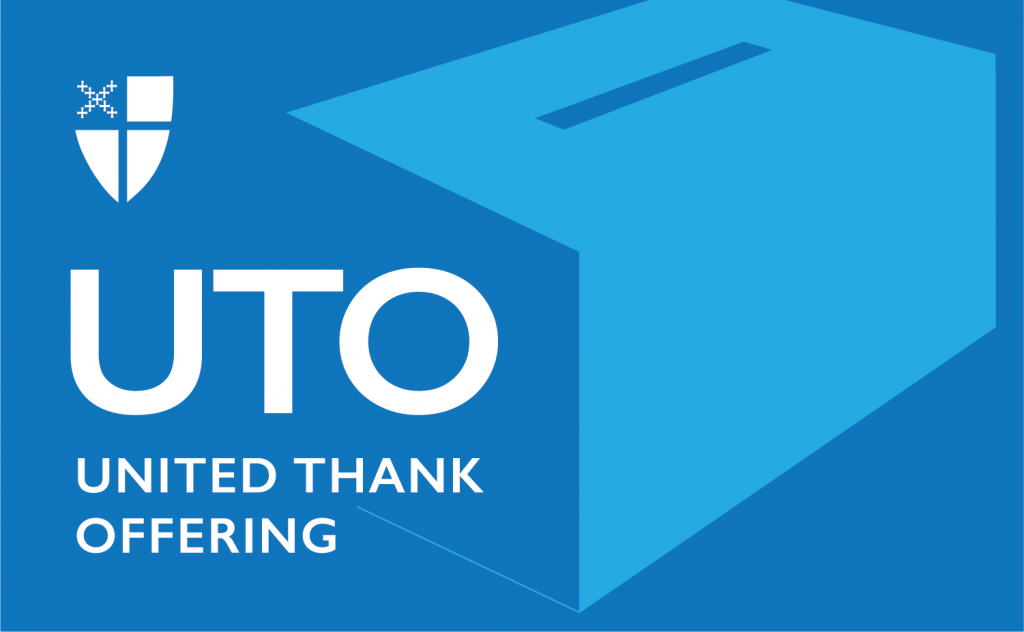Journey to Palestine
“It’s like a big prison.”
My cab driver summarized life in Palestine in this way as he drove me to the airport in Tel Aviv where I would depart for home. He grew up and still resides in the Mount of Olives, which is adjacent to Jerusalem’s Old City. Earlier that day, following a short solo trip to the Western Wall, he drove me to an overlook on Mount Scopus and pointed out where he was born: Augusta Victoria Hospital, founded by Lutherans. He was proud to be from the Mount of Olives. He would call out to people on the street he recognized. His people.
His comment above came after he pointed out a real prison off the highway outside of Ramallah. I had just been turning away from him, looking out the window, allowing a few tears quietly to escape to alleviate the emotional pressure that had been building. The thought of leaving this place and returning to my everyday life was painful, not because of the fun I’d had or the sites we visited; those things filled my heart and made me excited to return home and share. The pain came from the helplessness I felt about the hardships faced by Palestinians who have become – to extend my driver’s analogy – prisoners in their own land, and from knowing conditions would most likely continue to worsen as I went back to a life far removed from theirs.
I had been texting my former roommate, Darin, about how I was feeling. I told him I believed the “mountaintop” label wasn’t reserved for only positive spiritual experiences, like the summer camp and high school retreats of my past, but any heightened emotional state that is now connected to a place in time. In my case, the way my life had been touched by the Palestinian people I met and the deep helplessness I felt about their condition contributed to that “returning to the valley” sensation, as I felt reoriented but still reluctant to accept the thought of going back to my life as it was before.
“Because you [would] rather not leave [a place in the] condition in which you found it,” Darin said. “That’s rough and real.”
This will not be a story about how I visited the Holy Land and met God in the midst of sacred sites, at least not in the way that you would assume. And this certainly will not be a story about how I have figured out the solution to the Israel/Palestine conflict – far from it, actually. This will be a story about confusion, heartbreak, anger, compassion, and transformation.
This story will be broken up into pieces. Throughout the next few months, I’ll give you glimpses into the UTO Grant sites we visited and some context about our travels, and I’ll conclude with a personal reflection on the emotional experience I had, along with some insight I’ve gained upon returning home. Of course, there is a lot to capture, and I’ll surely not be capable of translating every feeling, every thought, every moment. But my hope is that my story will demystify, at least in a small sense, this holy place where hostilities darken the shadows and exist unbeknownst to travelers, pilgrims, tourists, and until not long ago, me.
You might be wondering why I decided to start with the end of my journey. Truthfully, that’s what came forward first from my heart to my mind to my typing fingers. But I also begin with the ending so you, as a reader, can frame my experiences knowing how so much and yet so little was resolved for me as I left.
Darin was absolutely right. I hate the feeling of helplessness so much that I often try to protect myself and minimize that pain by surrendering to the “lost cause” ideology, instead of leaning into the vulnerability of trusting God to transform and restore everything broken. I left Palestine the same as I’d found it – in a condition only God can heal – but Palestine left me changed from who I once was. I can’t sacrifice the lives of others for my own comfort anymore. I can’t ignore what I saw and the stories I heard. This time, I have to be courageous.
Over the next few months, I invite you to join me as I recount my time in the Holy Land visiting UTO Grant sites and meeting the people who carry out kingdom work every day and live as symbols of hope for Christians around the world. Here is a sample of the sites from which you’ll hear stories:
- Arab Episcopal Medical Clinic
- Episcopal Vocational Training School
- St. Peter’s Home for the Elderly
- Princess Basma Centre
- St. Luke’s Hospital / Penman Clinic

